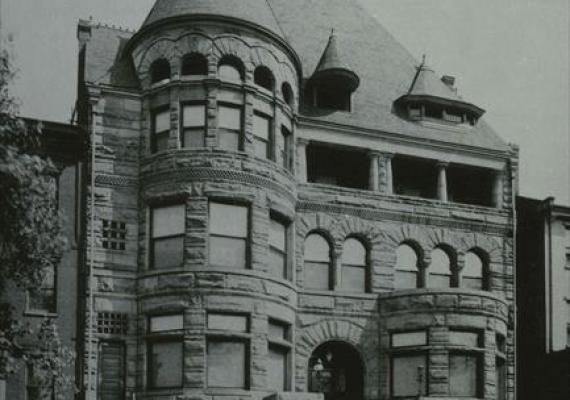The PLO and the Pittsburgh Platform

What makes someone Jewish and who gets to decide? These questions divide Jews in the Diaspora from those in Israel and divide Jews from one another everywhere. While there is no Jewish consensus on the definition of the Jews or on who has the right to decide, most Jews, I suspect, are united in this conviction: non-Jews (that is, people who make no claim to being Jewish themselves) have no business participating in this debate. All the more so when those non-Jews are regarded as hostile to Jewish interests. So when they confront the Palestine Liberation Organization’s declaration in its founding charter of 1964 that “Judaism, being a religion, is not an independent nationality. Nor do Jews constitute a single nation with an identity of its own; they are citizens of the states to which they belong,” Jews tend not only to underscore the self-serving nature of those lines but also to protest reflexively and adamantly: Who are the Palestinians to tell us Jews what Judaism is and what makes us Jews?! (Some also add—apparently without recognizing the irony—that there is no such thing as a “Palestinian” anyway, as they are simply Arabs.) But what if that Palestinian definition of the Jews and Judaism were actually a (not the but a) Jewish definition? How might the PLO charter be understood differently if we were to see German and American Reform rabbis, rather than Palestinian militants, behind the definition of the Jews and Judaism that the Palestinian charter espoused?
__________________________
Read Jonathan Gribetz's fascinating history of the PLO's explorations and use of Reform Judaism in his essay "The PLO's Rabbi: Palestinian Nationalism and Reform Judaism" in JQR 107.1 (Winter 2017). On newsstands now.
